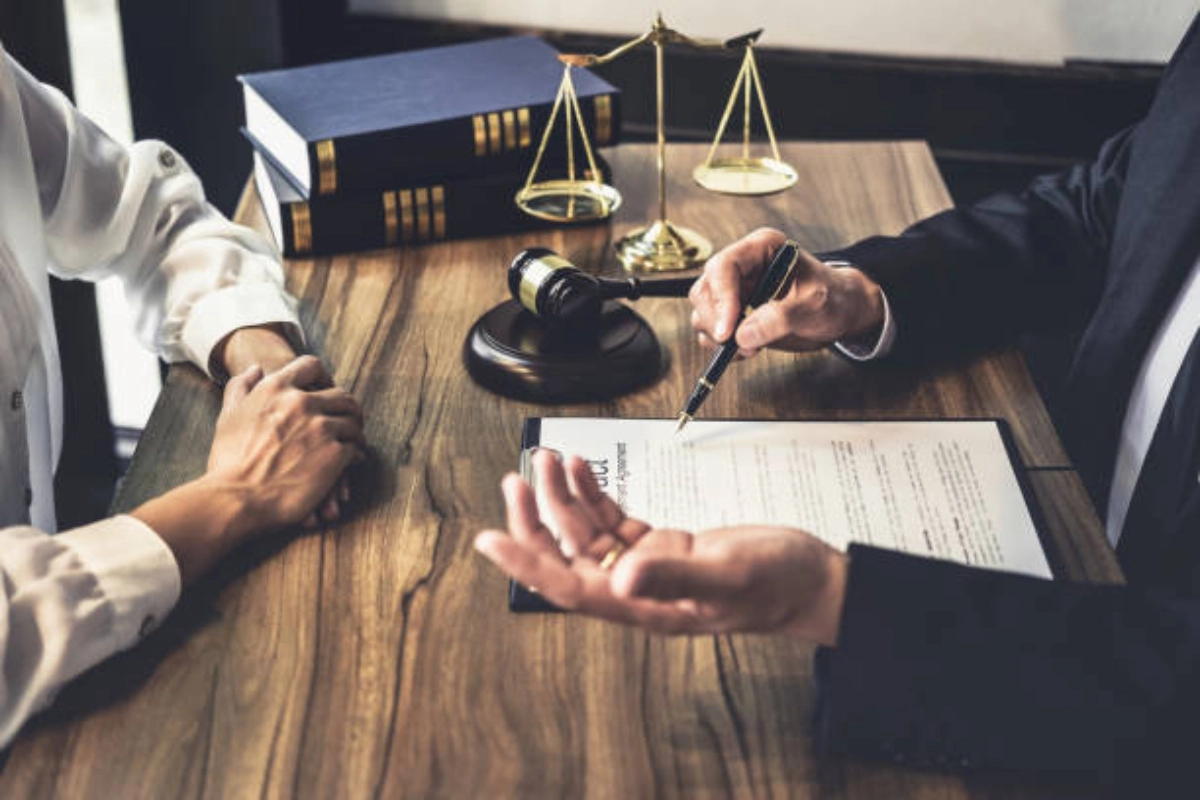How to Protect Your Business Assets During Bankruptcy?

Protect Business Assets During Bankruptcy: Key Strategies
Bankruptcy is a challenging but often necessary step for businesses facing financial distress. It provides a legal framework to address debts, but it can also put your business assets at risk. Whether you’re considering Chapter 7 liquidation or Chapter 11 reorganization, protecting your assets is critical to maintaining operational continuity and securing a stable financial future. This guide outlines actionable strategies to safeguard your business assets during bankruptcy, ensuring you emerge stronger and more resilient.The Importance of Asset Protection in Bankruptcy
When a business files for bankruptcy, its assets may be subject to liquidation or restructuring. This process can jeopardize essential resources like equipment, inventory, and intellectual property. However, with proper planning and legal guidance, you can minimize losses and retain critical assets. The two most common types of bankruptcy for businesses are Chapter 7 and Chapter 11. Chapter 7 involves selling off assets to repay creditors, while Chapter 11 allows businesses to reorganize debts and continue operations. Choosing the right approach depends on your business’s financial situation and long-term goals. To navigate this complex process, consult a bankruptcy attorney who can help you explore options tailored to your needs. For more insights on legal strategies, visit Legal Case Review.
Ready to connect with top legal professionals? Get immediate support— Call us at 877-550-8911.
Key Strategies to Protect Business Assets During Bankruptcy
1. Conduct a Thorough Asset Valuation Start by identifying and valuing all your business assets. This includes tangible items like equipment, inventory, and real estate, as well as intangible assets such as intellectual property and accounts receivable. A detailed inventory helps you prioritize which assets to protect and provides a clear picture of your financial standing. 2. Leverage State and Federal Exemptions Certain assets may be exempt from liquidation under state or federal laws. For example, tools of the trade or a portion of your home equity might be protected. Familiarize yourself with these exemptions to determine which assets you can retain. 3. Separate Personal and Business Finances If your business is structured as a corporation or LLC, ensure that personal and business finances are kept separate. This distinction helps shield personal assets from business liabilities, reducing the risk of personal financial loss. 4. Negotiate with Creditors Open communication with creditors can lead to favorable terms, such as reduced payments or extended repayment periods. Proposing a manageable repayment plan demonstrates your commitment to resolving debts and can help preserve your assets. 5. Work with Legal and Financial Experts A bankruptcy attorney can guide you through the legal complexities, while a financial advisor can help you develop a strategic plan to protect your assets. Their expertise ensures compliance with bankruptcy laws and maximizes your chances of retaining valuable resources. For additional resources on financial planning during bankruptcy, refer to this Investopedia.The Role of Legal Counsel in Asset Protection
Legal counsel plays a vital role in safeguarding business assets during bankruptcy. An experienced attorney can:- Evaluate whether Chapter 7 or Chapter 11 is the best option for your business.
- Advise on debt restructuring to preserve cash flow and essential assets.
- Negotiate with creditors to secure favorable terms.
- Ensure accurate documentation and compliance with bankruptcy laws.
Creating a Comprehensive Asset Protection Plan
A well-structured asset protection plan is essential for businesses facing bankruptcy. Here’s how to create one: Identify and Value Your Assets Compile a detailed list of all business assets and determine their value using methods like market comparison or professional appraisal. 1. Explore Legal Structures Consider forming a limited liability company (LLC) or corporation to separate personal and business assets. This structure can shield personal finances from business debts. 2. Utilize Trusts Transferring certain assets to a trust can provide additional protection. However, be cautious of fraudulent transfer laws, which penalize attempts to conceal assets. 3. Consult Professionals Work with a bankruptcy attorney and financial advisor to tailor your plan to your business’s unique circumstances. They can provide insights on state-specific exemptions and legal strategies.
Utilizing Insurance to Shield Business Assets
Insurance is a powerful tool for protecting business assets during bankruptcy. Key policies include:- General Liability Insurance: Covers legal fees and damages from third-party claims.
- Property Insurance: Protects physical assets like equipment and inventory.
- Business Interruption Insurance: Provides financial support during operational disruptions.
Exploring Bankruptcy Alternatives
Bankruptcy isn’t the only option for businesses in financial distress. Consider these alternatives:- Debt Restructuring: Negotiate with creditors to reduce payments or extend repayment terms.
- Business Sale or Merger: Generate capital by selling part of your business or merging with another company.
- Grants and Financial Assistance: Explore government programs or private grants designed to support struggling businesses.
Post-Bankruptcy Asset Protection Strategies
After bankruptcy, take steps to safeguard your business assets and ensure long-term stability:- Establish a Separate Legal Entity: Form a corporation or LLC to protect personal assets.
- Reassess Insurance Coverage: Ensure your policies cover potential risks.
- Implement Financial Controls: Monitor cash flow and maintain accurate records.
- Negotiate with Creditors: Maintain open communication to ease financial pressure.
FAQs
1. What happens to business assets in Chapter 7 bankruptcy? In Chapter 7 bankruptcy, a trustee liquidates non-exempt assets to repay creditors. Exempt assets, as defined by state or federal laws, may be retained. 2. Can I protect my intellectual property during bankruptcy? Yes, intellectual property can often be protected through exemptions or by including it in a reorganization plan under Chapter 11. 3. How does forming an LLC help protect assets? An LLC separates personal and business finances, shielding personal assets from business liabilities. 4. What are fraudulent transfer laws? These laws prevent businesses from transferring assets to avoid creditors. Violations can result in penalties or the reversal of transfers. 5. Is it possible to recover after bankruptcy? Yes, with proper planning and strategic decisions, businesses can recover and thrive post-bankruptcy.Don’t wait to secure the legal representation you deserve. Visit Legal Case Review today for free quotes and tailored guidance, or call 877-550-8911 for immediate assistance.


